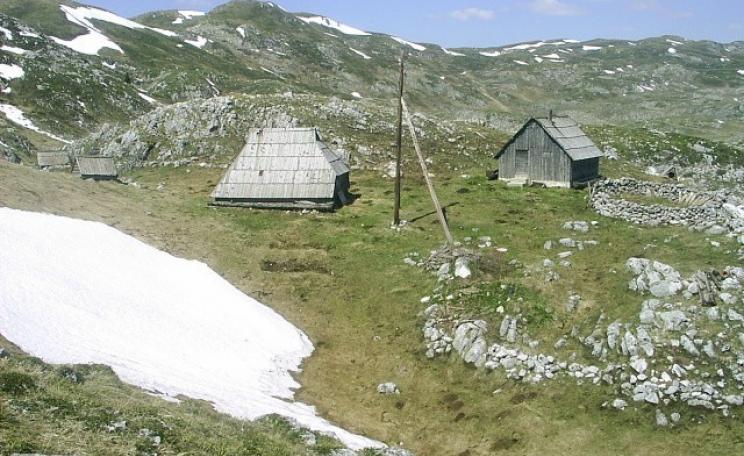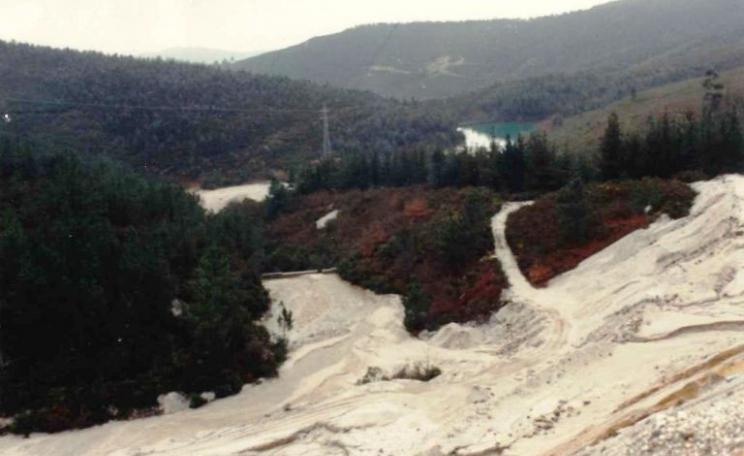The Government failed to properly assess the climate impact of this large-scale infrastructure project, as well as the need for the project, in line with its own planning policies and the applicable legislation.
The High Court ruled in May that Andrea Leadsom, former secretary of state for Business, Energy and Industrial Strategy (BEIS), did not act unlawfully in granting permission for Drax Power’s plans to build a new gas plant at its Selby Power plant in North Yorkshire.
This week, the Court of Appeal has granted ClientEarth permission to appeal the judgment, and will now proceed to hear the environmental lawyers’ claim that the Secretary of State’s decision was unlawful.
This will be argued on the grounds that the Government failed to properly assess the climate impact of this large-scale infrastructure project, as well as the need for the project, in line with its own planning policies and the applicable legislation.
Emissions
ClientEarth in-house lawyer Sam Hunter Jones said: “One of the fundamental objectives of the Government’s planning policies is to avoid projects that risk locking in unnecessary greenhouse gas emissions for decades to come.”
“However, the way the Secretary of State has interpreted these planning policies is stopping projects from being refused on that basis. We believe that approach is unlawful.”
ClientEarth’s assessment of the plant’s climate impact that it submitted in the planning inquiry in 2019 found that the project could create over 400 percent more greenhouse gas emissions than alternative energy capacity.
The Government’s own energy forecasts show that the UK does not need a major roll out of new large-scale gas generation capacity given existing capacity.
Impacts
The Planning Inspectorate – which conducted the planning inquiry on behalf of the Government – recommended consent be refused due to the project’s significant adverse climate impact and the “significant risk” of high carbon lock-in, going against the transition to low carbon energy. This was the first time the planning authority had made such a recommendation on climate grounds.
Hunter Jones added: “As decisions on large-scale infrastructure projects across the country continue to be made, it is crucial these projects do not undermine the UK’s efforts to decarbonise by locking us into unnecessarily high carbon energy over the coming decades.
“It is therefore vital that the policies and laws central to this case allow decision makers to refuse planning approval for projects because of their climate impact. We strongly believe that they do so and look forward to arguing our case in the Court of Appeal.”
This Author
Marianne Brooker is The Ecologist's content editor. This article is based on a press release from ClientEarth.







